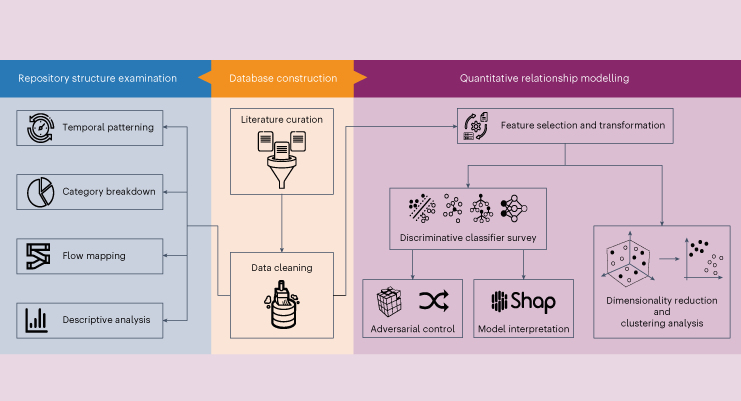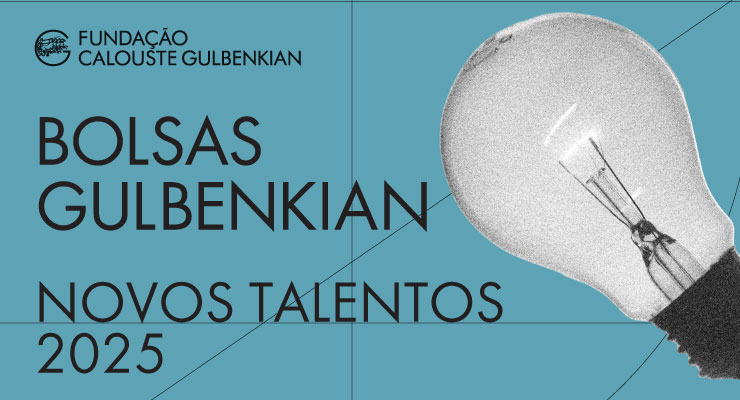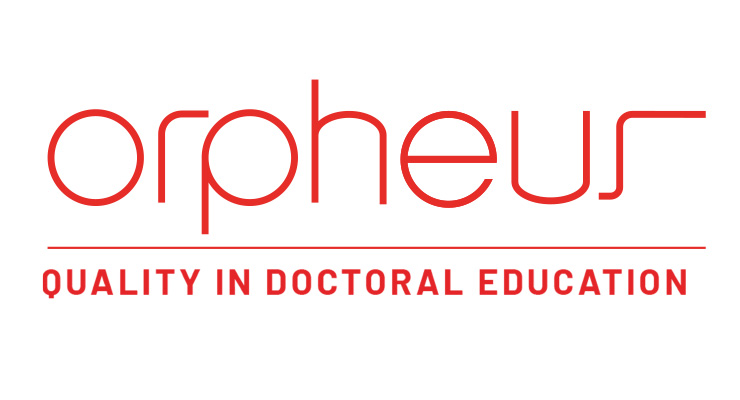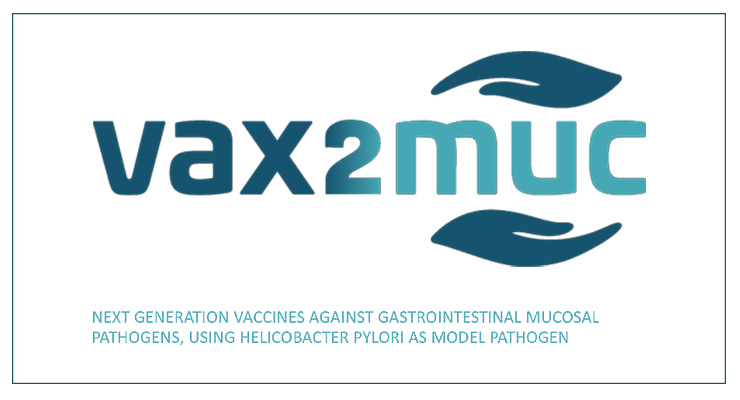Using machine learning technology, researchers have developed a database that aggregates information on various types of inorganic nanoparticles, enabling the prediction of cancer treatment efficacy.
In a study published in the journal Nature Nanotechnology, which included the participation of Tiago Rodrigues, researchers created the first database that compiles information on diverse inorganic nanoparticles. This includes their composition, physical and chemical characteristics, as well as “endpoints” from in vivo studies, such as tumour size and nanoparticle accumulation in tissues, among other factors. Drawing from data in over 700 published articles, the team implemented artificial intelligence models to correlate nanoparticles with experimental in vivo results.
According to Tiago Rodrigues, “the results show that it is possible to predict pre-clinical efficacy based on nanoparticle characteristics, creating an important precedent for using statistical models to design better experiments and drug delivery vehicles.”
Following this discovery, the next steps involve applying these models to design nanoparticles for various types of cancers and exploring whether these methodologies can predict clinical trial outcomes.
The full study is available on the Nature Nanotechnology website.










